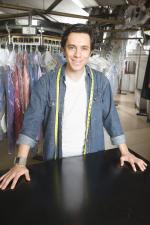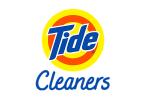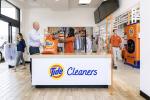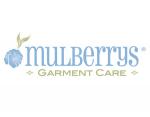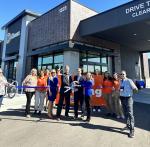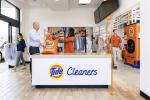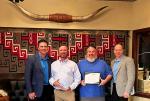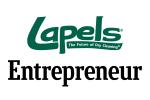CHICAGO — New owners of drycleaning companies must learn their way around a plant quickly to hit the ground running, but the experiences, optimism and ideas that they bring with them can not only set them apart but can encourage other cleaners with their new ideas and approaches.
In Part 1 of this series, we discussed the first steps of cleaners entering the field, and the time and training that was necessary. In Part 2, we examined some of the challenges these cleaners faced, as well as how they plan to keep up with, and ahead of, their competition. Today, we’ll conclude by exploring the ways different generations of dry cleaners can instruct and inspire each other, and finish with some advice for new cleaners.
Cross-generational Collaboration
David Nelson, who with his father, Brian, recently started a Tide Cleaners franchise in Boise, Idaho, believes that both those new to the field and industry veterans have a lot to offer each other when it comes to building stronger businesses.
“I think the younger generation brings speed and technology that really just didn’t exist in earlier days,” he says, “such as our ability to heat-seal garments so that we don’t lose them. We’ve been open for over a year now, and we have yet to lose a single item. I don’t know how dry cleaners in the past with individual itemized paper tickets could have possibly kept track of any amount of clothing like we do today.”
Newer cleaners, Nelson says, need to couple their strengths to the wisdom gained by those who have been in the field for years.
“The older generation comes in with significantly more experience,” he says. “They have the industry knowledge on the best way to clean garments. How does this solvent compare to that solvent, versus wet cleaning versus laundering? How does all this come together so that you can get the best performance from your crew and from your equipment?”
Patrick Elverum is the CEO of Turns, a company that recently purchased a Tide franchise of drycleaning and laundromat locations in the Dallas area. His experience in other fields has allowed him to appreciate the depth of knowledge that exists in the drycleaning industry.
“I’ve been really taken aback because that depth didn’t exist in the software or banking space. The level of expertise that exists, not just in our drycleaning plants but really any successful drycleaning plant, is extraordinary. Some of these folks have done this for decades and are very proud of their experience.”
Advice for New Cleaners
Both Nelson and Elverum believe that, for those people thinking about entering the drycleaning field, it’s important to educate themselves and gain experience in what can be a rewarding but demanding vocation.
“I would say work in a location,” Nelson says. “Get as much time on the inside of a dry cleaner, working and learning from them as much as you can. There are a lot of mistakes that we did not make, or made less of, by going in and working in the industry for a significant amount of time.”
Nelson says it’s also important for cleaners to stay passionate about what they’re doing.
“If you have a genuine interest in the industry and a desire to provide great service,” he says, “that will come through in your work and help you succeed.”
Elverum suggests spending extra time listening to vets in the business and making sure you understand what they’re saying.
“I didn’t do that right out of the gate,” he admits. “I came in a little too aggressive and a little too prideful, quite frankly, to fully leverage their experience. Had I listened to them, I would have made the same changes in working on our accounts receivable issue, for instance, but I would have done it a bit slower, and I would have prevented a lot of pain.”
Dry cleaners as a group are willing to answer the questions of those who want to learn, says Elverum.
“There’s an incredible combination of entrepreneurial spirit and togetherness in the industry,” he says. “They are open, and the degree of helpfulness I’ve found from experienced operators is unparalleled. It’s really awesome.”
For Part 1 of this series, click HERE. For Part 2, click HERE.
Have a question or comment? E-mail our editor Dave Davis at [email protected].





